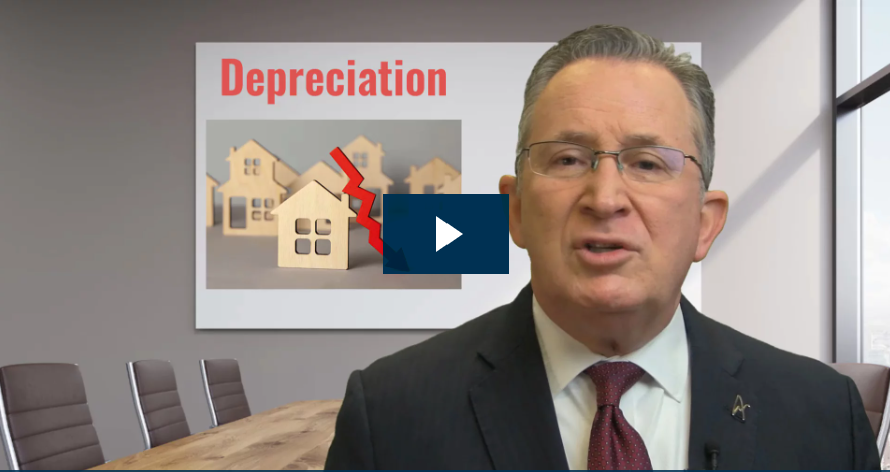
If you're a real estate investor, of course one of the big bugaboos is real estate taxation - how do you maximize the tax benefit of your real estate investment? To an extent, almost all of us are real estate investors, even if we're not thinking about it. As a homeowner you're enjoying a mortgage interest deduction, probably, and a property tax deduction. There are limits, a $10,000 cap here, a million dollar mortgage there. But in essence, even a homeowner is getting some kind of tax break. And should you sell that house between $250,000 and $500,000 in capital gain can get rolled into a future house. All good reasons if you're staying put, to consider real estate for your residence because it's also an equity building tool. However real estate investors, in addition to these breaks, can depreciate the property and enjoy other much more sophisticated benefits.…
Read More


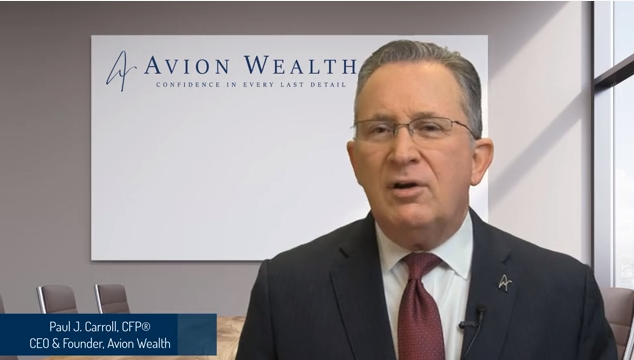
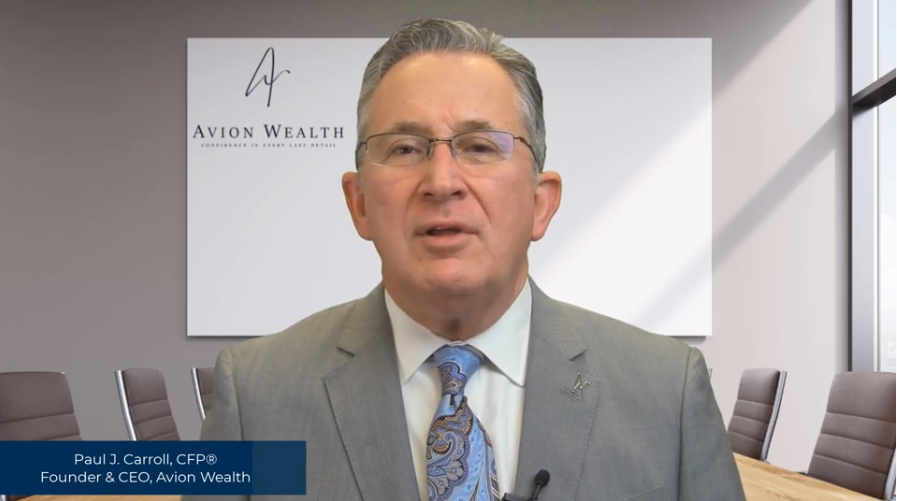
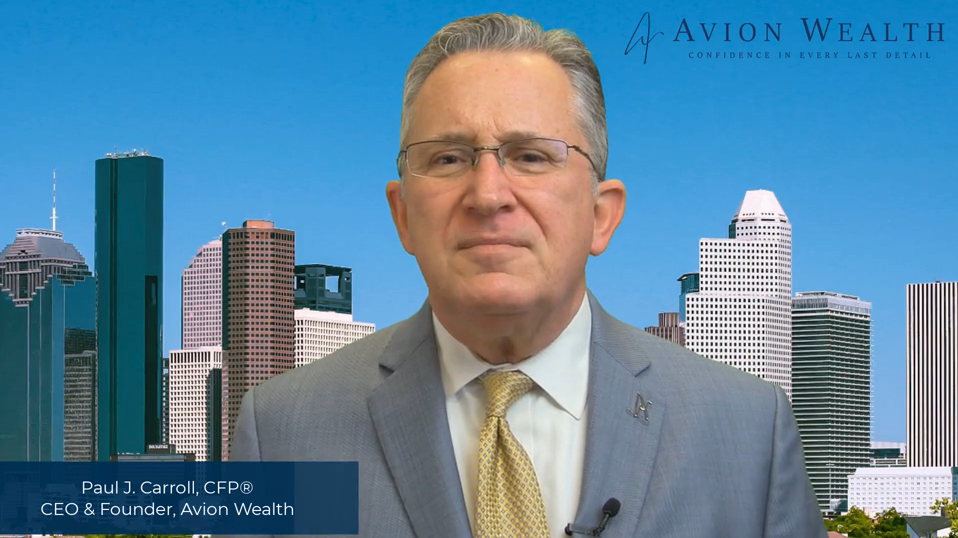
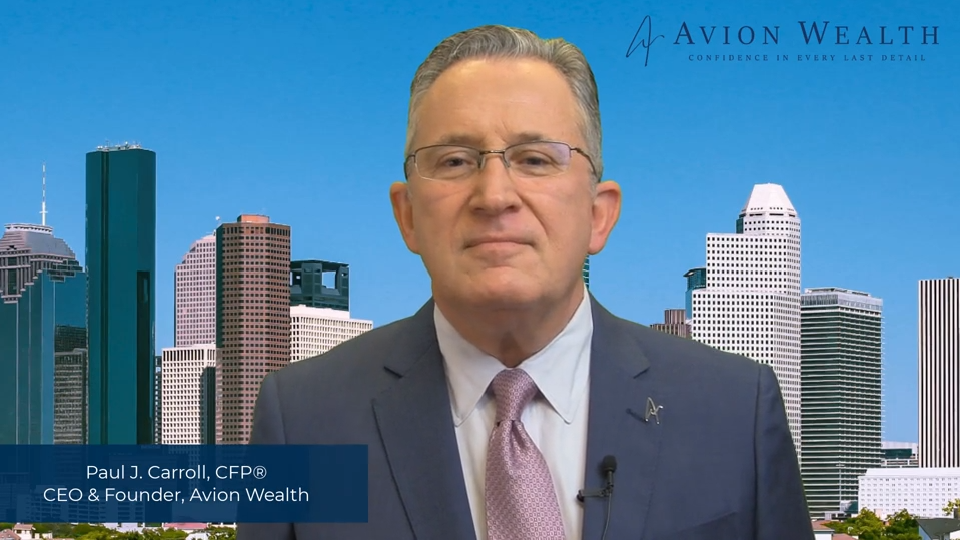
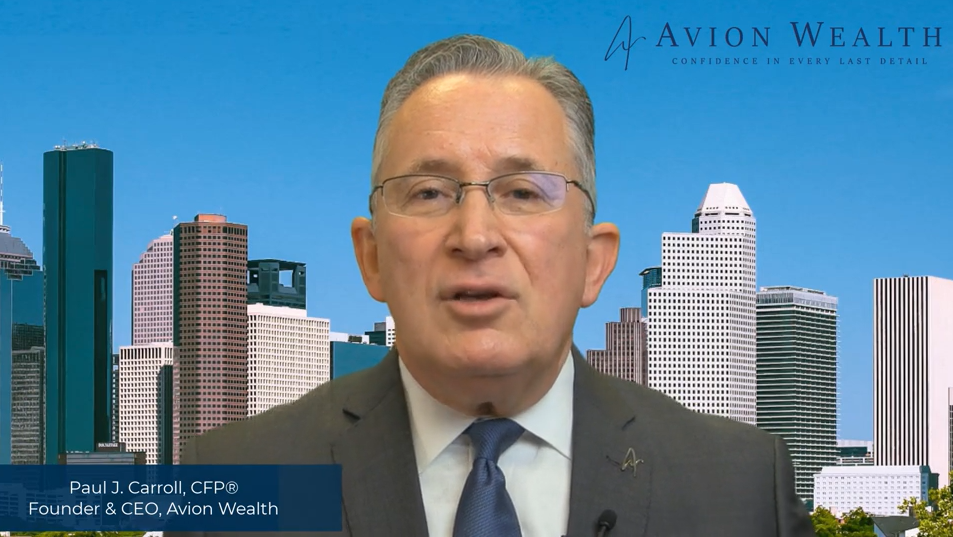
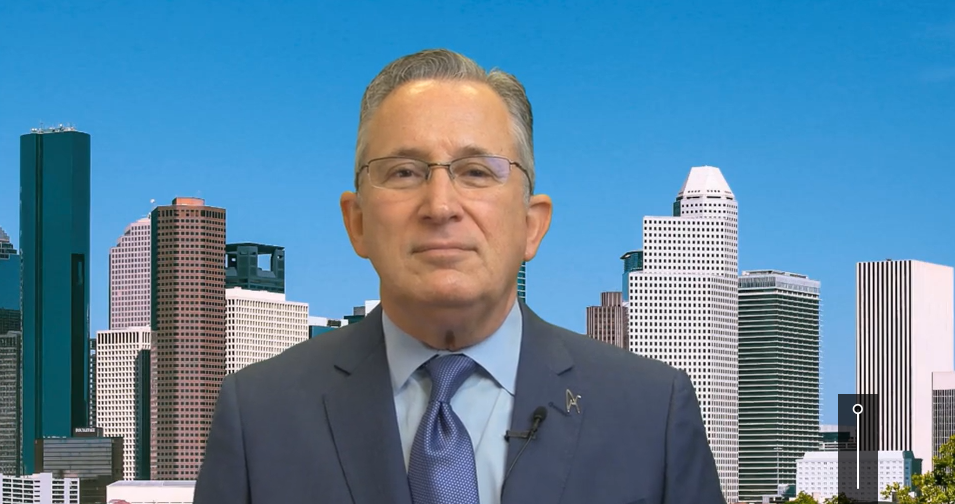
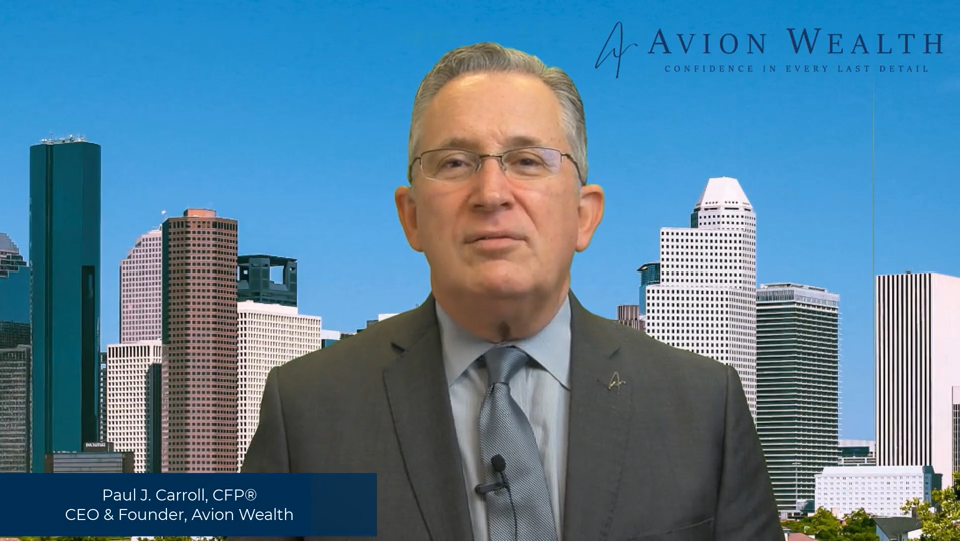
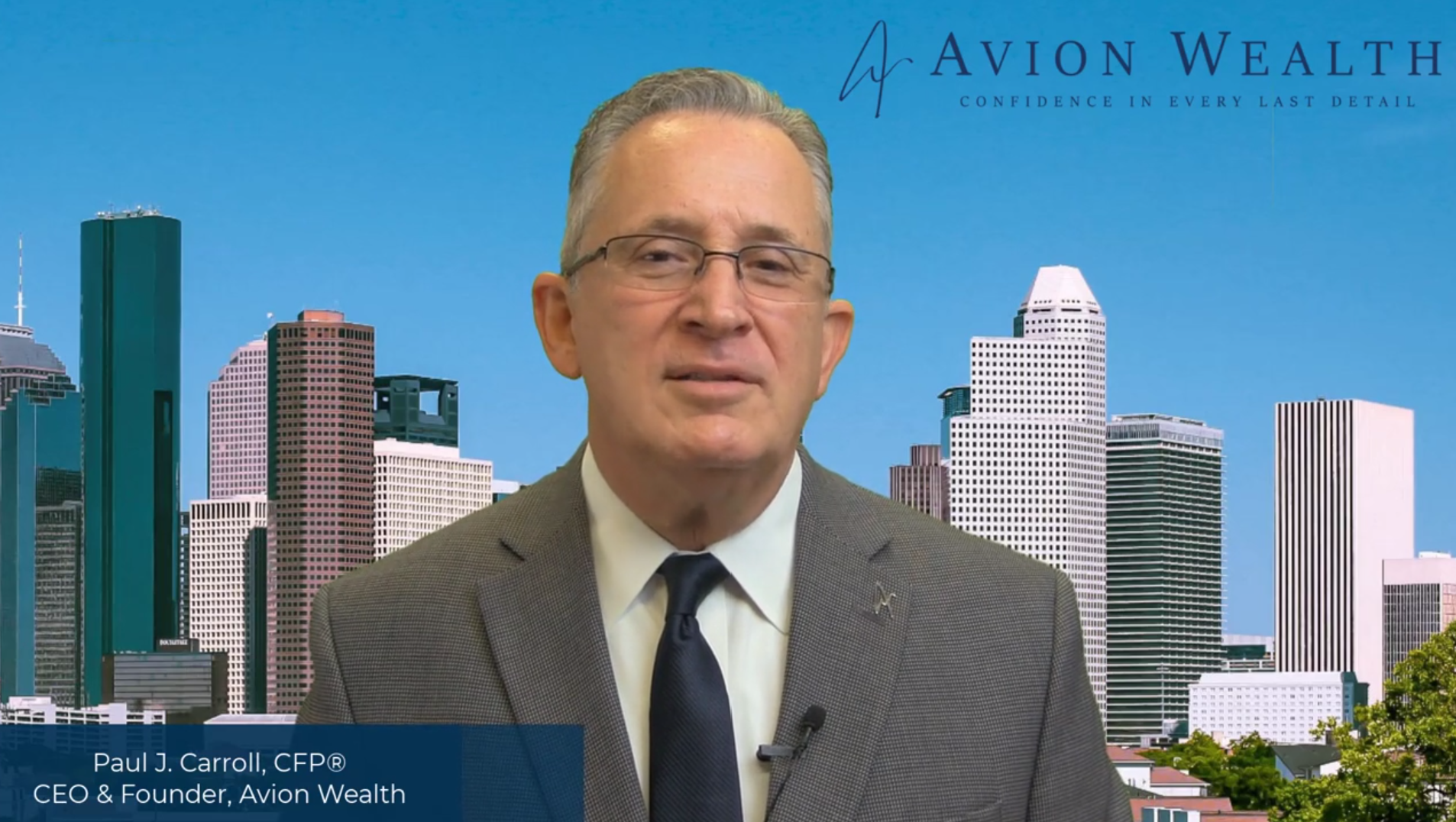
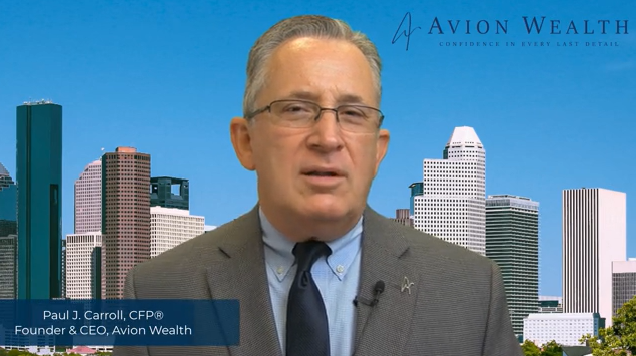


Recent Comments